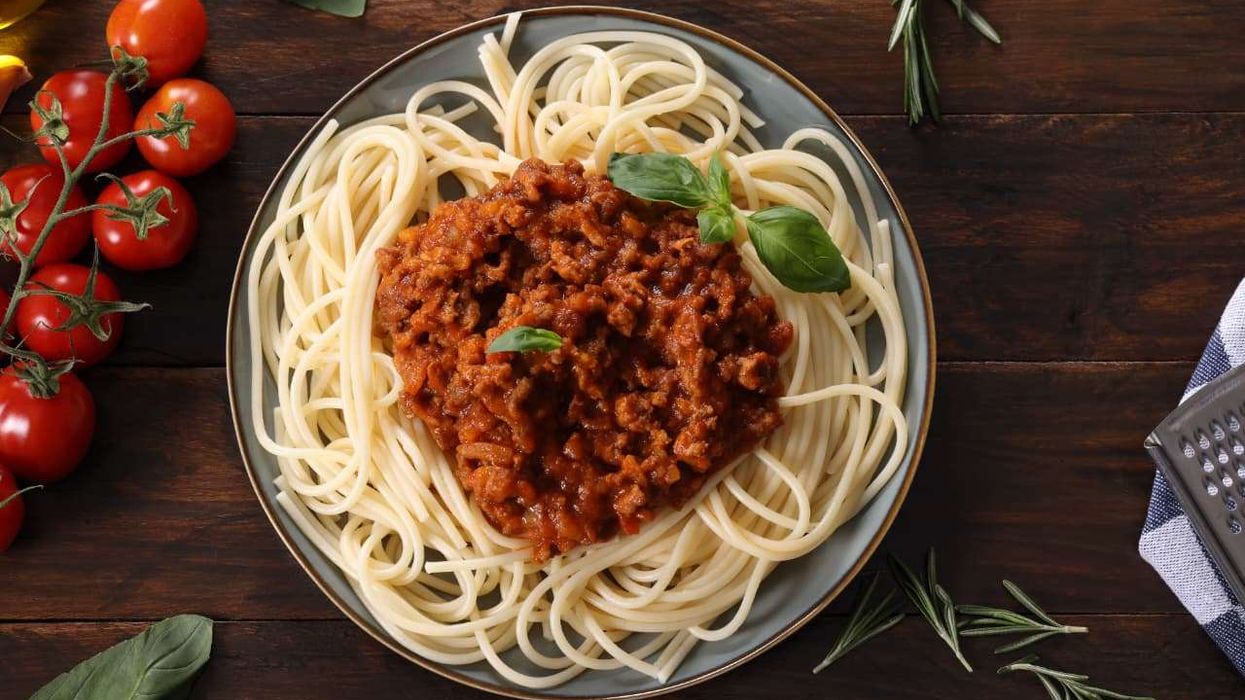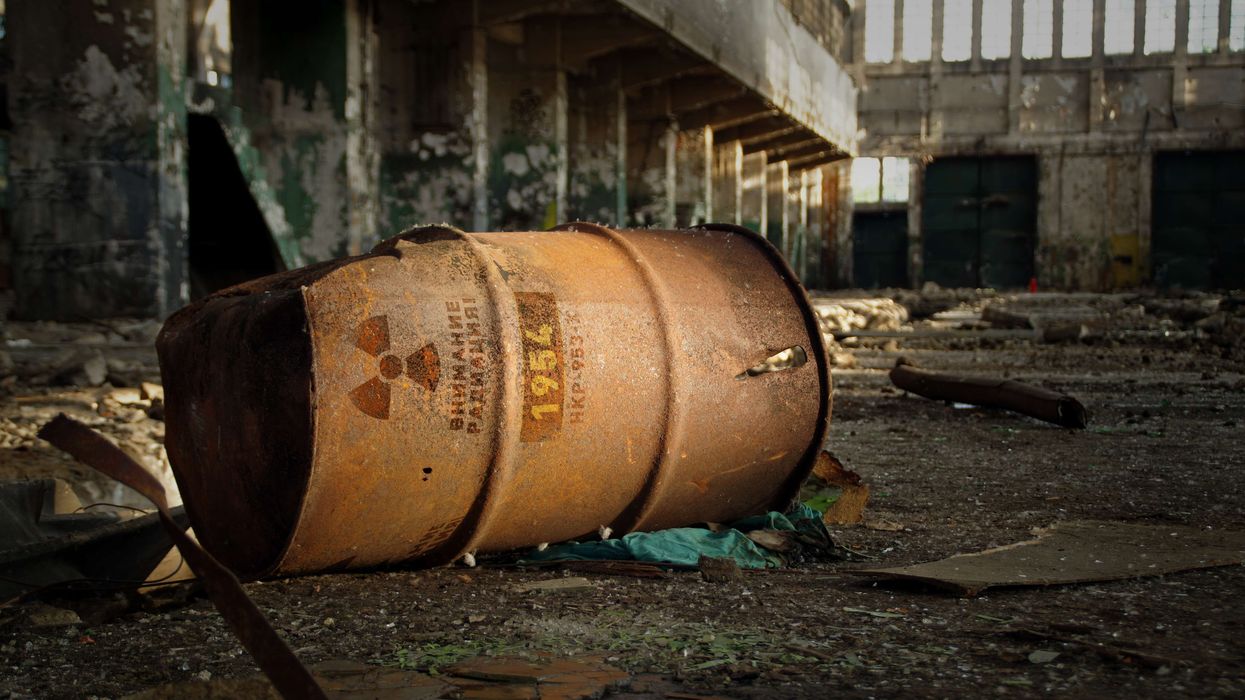NHS CONSULTANT SOUGHT SOLACE IN SPIRITUALITY AS HE BATTLED LIFE-THREATENING VIRUS
by S NEERAJ KRISHNA
DR NEERAJ PATIL has had his hands full since recovering from Covid-19 in April.
He was back at the frontline as an A&E consultant with Causeway Hospital in Northern Ireland as soon as he completed mandatory self-isolation and rest at home, after being discharged.
“I am fortunate to have made a full recovery from this life-threatening infection,” he said. “I am currently working in a designated Covid-19 emergency unit with full access to intensive care. I hope that the antibodies that I have acquired will protect me from subsequent infections.”
Dr Patil, 52, who is originally from Kalaburagi in Karnataka, south India, believes he cont racted the virus while seeing “a surge of patients coming to emergency departments with fever, cough and breathlessness”.
“It’s very difficult to distinguish during the first patient contact, especially in an emergency department, if someone really has Covid-19 or not,” he explained.
Dr Patil said he was unwell with “continuous high fever and cough with severe weakness”.
He consulted one of his former senior colleagues at the emergency department of University Hospital Lewisham in south London, where he previously worked. Tests confirmed he had Covid-19.
“One of my blood markers called C-reactive protein was very high, and the chest X-ray demonstrated left-sided pneumonia,” he said. “I was started on antibiotics.”
Fortunately, he did not need ICU admission or intubation. However, Dr Patil recalled the “fear of death” struck him hard, because of the “many myths that were in the media and social media at that time”.
“I suffered more from mental agony than physical symptoms such as fever and cough,” he said, adding that he experienced severe fatigue and lost five kilos during the illness.
Dr Patil took solace in the holy Hindu text, the Bhagavad Gita, and calmed his mind listening to Hindu and Buddhist music. “I am a very philosophical person and a strong believer in God and not a religion,” he said.
Dr Patil is a former mayor of Lambeth and a follower of 12th century Indian philosopher-saint Basavanna. He was part of the group that organised the installation of the spiritual leader’s bust at Albert Embankment Gardens in Lambeth. Indian Prime Minister Narendra Modi had paid his respects at the statue in April 2018 when he visited London for a Commonwealth meeting.
According to Dr Patil, “the biggest takeaway from this illness was the uncertainty of human existence.
Life is uncertain and will always remain so. The fear of uncertainty makes us more miserable. Instead of combating it, we must accept it as a law of nature and place faith in God.”
One verse from the Bhagavad Gita that resonated with him is ‘sarva-dharman parityajya/ mam ekam saranam vraja/ aham tvam sarva-papebhyo/ moksayisyami ma sucah.’ It roughly translates to completely surrendering oneself to the supreme power to be freed of all sin, grief and anxieties.
Dr Patil said he regained his physical and mental strength by practising yoga, especially pranayama. He follows yoga guru HR Nagendra, who also trained Modi.
After being discharged, Dr Patil quarantined himself at home in an ensuite room for 14 days until he recovered fully.
“My wife and daughters cooked food and kept it outside the room for me to collect,” he said.
The time he spent in recovery allowed Dr Patil to reflect on those less fortunate than himself.
“How many people can afford a decent quarantine like me? Not many people in the world have an ensuite room or relatives to take care of them in such times,” he said. “I feel extremely sorry for the millions of people who are suffering due to no fault of theirs. I pray to God that we discover an affordable vaccine as soon as possible.”
Dr Patil did not want to discuss politics or government policies relating to the coronavirus outbreak. But he said ministers could have done better initially.
“The UK deliberately did not prepare itself for this pandemic because they [authorities] wanted the infection to spread and the population to acquire herd immunity,” he claimed.
In the days following the outbreak of the pandemic, Britain’s policy was to “contain” the virus, before this was swiftly changed to “stop” Covid-19. The country went into lockdown in March.
“When confronted with the difficult choice of accepting high death numbers in acquiring herd immunity, the government made a U-turn and went for a lockdown. It scrambled to procure PPE and testing kits at the 11th hour,” Dr Patil said, referring to personal protective equipment (PPE).
He claimed the NHS faced an “appalling” shortage of adequate gear. “Suspected Covid-19 patients were seen by doctors and nurses wearing half of the required PPE – only a surgical mask, plastic apron and gloves,” he said.
“This was never enough, because we knew the virus was highly contagious and could slip through the mask and infect people. Many NHS staff members lost their lives due to the shortage of PPE.
“I would request the health secretary to constitute an independent inquiry on this matter.”
Dr Patil, a member of Labour’s BAME executive committee, also spoke of his concern over the disproportionate way in which the virus has affected minorities.
“The predominant factors are pre-existing health inequalities; lack of appropriate protection; the density of community populations; increased exposure due to economic hardship; lack of access to healthcare; and higher incidence of heart diseases, lung issues and diabetes.”
He said about 20 per cent of NHS staff was BAME, and “a disproportionate number of staff from this group are on frontline specialties like A&E, acute medicine and intensive care”.
“Most of them are first-generation migrants who are alien to the native British culture. The NHS must focus on bridging this cultural gap by promoting community cohesion between the two diverse communities.”
Dr Patil is also worried about the worsening situation in India. “I am following the developments in India closely. It went for an early lockdown, unlike the UK strategy, which could have proved disastrous for such a densely populated country.”
However, he said it was not an easy task for authorities to enforce a prolonged lockdown.
“The policy decisions on lockdown restrictions must be made on the basis of the RO factor and the geographical distribution of the disease,” he said, cautioning that India was yet to see the worst of coronavirus.
“The real scale of the pandemic in India will be evident in June... it’s like a slowly spreading wildfire,” he said.
“Adding to the woes, food inflation and decreased agricultural production are already having a negative impact due to lack of transport and farmers’ inability to access markets and a lack of cold storage facilities. This must be immediately addressed, otherwise people could eventually suffer due to lack of nutrition that is essential to fight Covid-19.”
Dr Patil hopes to travel to India once restrictions are eased.
“I have gained enormous experience in treating and managing Covid-19 patients. I wish to serve in an Indian Covid-19 unit, and share the best practices I have learned in the UK.”
He is confident that an affordable vaccine would soon be available. Until then, he said, people had to adjust to the “new normal” of “social distancing and taking care”.
“This epic battle is like a cricket match. One bad over can change the game. In this match, let’s hope humanity wins.”
And with that, it’s time for him to get back to his patients, following one of Basavanna’s popular sayings: “Work is worship”.












